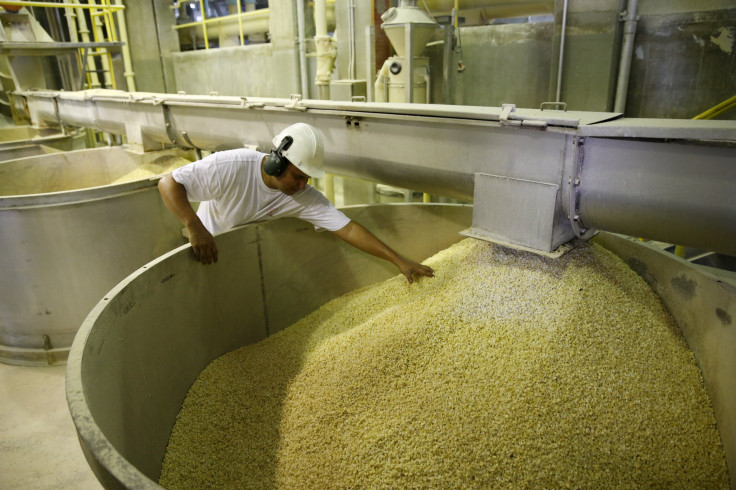
Several years ago, specifically in 1998, the FDA mandated that pasta, bread, cereals and other grain products be made with enriched flour — fortified with folic acid — to help prevent birth defects. The efforts paid off greatly as the number of neural tube defect cases dropped by 35 percent (over 1,200 babies).
Advocates for the cause praised the agency and suggested that they do the same in other products such as corn masa, due to an unsettling new pattern being observed in births: many Hispanic women are giving birth to children with neural tube defects.
The Hispanics are the largest and fastest growing ethnic minority group in the United States, as per the U.S. Census Bureau, and, as such, the community also has one of the highest birth rates with 11.8 Hispanic women of childbearing age. This makes the move so much more important.
"This is why the March of Dimes is striving to have masa cornmeal fortified with folate,” Dr. Diana Ramos, an associate clinical professor of obstetrics and gynecology at the University of Southern California Keck School of Medicine in Los Angeles, told WebMD at the time. “Corn masa flour is not part of the standard American diet, so, since 2012, we've been working on this, making progress slowly."
Two years ago, March of Dimes published a report shedding light on the issue and urging the FDA to take action. Now, the FDA has decided to move forward and add folic acid to corn products. The agency will allow the vitamin to be added at a level of 0.7 milligrams or less per pound of corn masa flour.
The decision had taken longer than expected because of concerns that the vitamin would not survive the cooking process or that its composition would change. But nutrition, dietetics and food scientist Michael Dunn of Brigham Young University lead a research team that found the folic acid was not altered.
Fortified corn products are expected to hit shelves in the U.S. by September.
© 2024 Latin Times. All rights reserved. Do not reproduce without permission.




